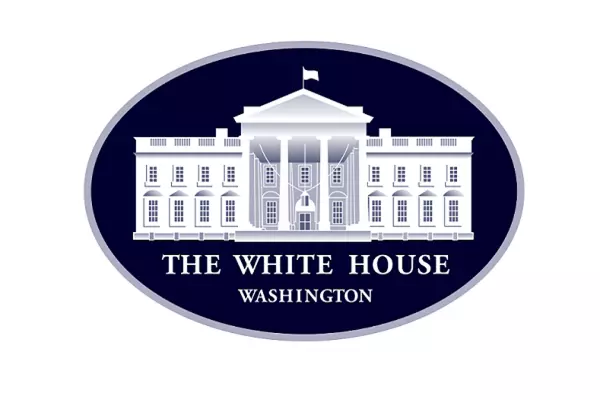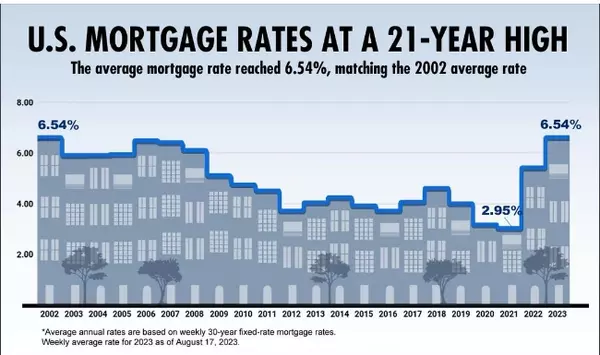Mortgage
Mortgage: Unraveling the Mysteries of Home Financing
The word "mortgage" often evokes a mix of excitement and confusion for prospective homebuyers. With so many options available, it can be overwhelming to navigate the world of home financing. However, understanding the basics of mortgages is crucial to making informed decisions when it comes to buying a property. Let's delve into this topic and demystify the intricacies of mortgages.
At its core, a mortgage is a loan provided by a financial institution to help individuals purchase a property. The loan is secured against the property, acting as collateral. Mortgages typically have a long repayment period, usually spanning several decades, making homeownership more accessible for many.
One key aspect to consider when entering the mortgage process is interest rates. Interest rates determine the cost of borrowing and can greatly impact the overall amount paid over the life of the loan. Typically, there are two types of interest rates: fixed-rate and adjustable-rate. A fixed-rate mortgage maintains the same interest rate throughout the loan term, providing stability and predictability. On the other hand, an adjustable-rate mortgage (ARM) may start with a lower interest rate, but can fluctuate over time, potentially resulting in higher payments.
Down payments are another essential element of the mortgage equation. It refers to the initial payment made by the buyer towards the total property cost. Generally, a larger down payment leads to a lower loan amount and potentially lower interest rates. While a 20% down payment is often recommended, there are options available for those who may not have that much saved. Some mortgage programs allow for lower down payments, but it's important to consider the impact of mortgage insurance or other associated costs.
Different types of mortgages cater to various financial situations and goals. Conventional mortgages are the most common, usually requiring a strong credit score and financial stability. Government-backed loans, such as those insured by the Federal Housing Administration (FHA) or the Department of Veterans Affairs (VA), provide alternatives to conventional loans and often have flexible requirements.
Lastly, it's crucial to be aware of the various fees associated with mortgages, including appraisal fees, closing costs, and origination fees. These costs can add up, so it's essential to budget accordingly.
In conclusion, mortgages are financial tools that enable individuals to become homeowners. Understanding the different types of mortgages, interest rates, down payments, and associated costs can help buyers make informed decisions. If you're planning to embark on the journey of homeownership, take the time to research and consult with professionals to find the mortgage that best suits your needs.
Categories
Recent Posts











